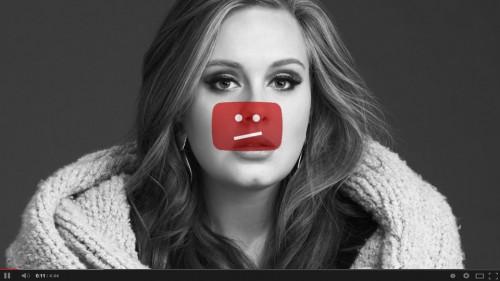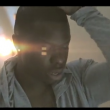Fan favourite artists may just disappear from YouTube in the coming days. It’s a storyline many news organizations would have you believe. That a major threat is being laid before indie labels who don’t sign the dotted line and agree to the terms of a new ad-free streaming service. The real story however is a little more complicated and perhaps less dire.
The truth is that a recorded 95 per cent of all labels within the music industry have already signed the deal. Seeing as indie labels make up for 32.6 per cent of the market share with their involvement in digital streaming services, YouTube has a proper incentive to want to have everyone on board, even if it’s just the 5 per cent holding out for a better deal.
The music service rumored to be called Music Pass, would require record labels to sign licensing deals — a pay to play format. Larger labels like Sony Music Entertainment, Warner Music or Universal Music Group didn’t mind signing a contract of such nor did hundreds of other independent and developing labels, but some still aren’t happy. The deal has been refused by a select few for varying reasons and as a result, their official videos and songs will subsequently be blocked on YouTube. This isn’t the same as a widespread blanket ban, however, since fan uploaded videos of their content will still be allowed to flourish.
Resistance to the changes for the most part are financial in nature, as the format will result in lower payback according to some artists. The service will reportedly remove the ability to run advertisements before videos, which has been an important source of income for musicians. The difference in YouTube’s service removes that possibility for a fluctuating means of revenue, which can depend on how popular a video is and how much advertisers are willing to pay. Gone is that system. Instead it will be replaced by one that pays all its artists and rights owners the same figures each time a song is played.
Several major names like Jack White, Adele, Artic Monkeys, and Radiohead have all been used in headlines to spell a doom’s day scenario by varying media outlets as they are all equally signed to indie labels. While official videos may end up disappearing from YouTube consequently, their presence will remain since user-uploaded videos containing copyrighted music from blocked artists won’t be targeted. Unfortunately, this also means that users can still earn money on videos featuring indie music, while the labels and artists themselves will continue to earn nothing from the service.
YouTube has continued to say that the amount of content affected by the change will be relatively small. The list of affected artists will also vary from country to country. Vevo for instance has separate deals with YouTube which features many labels that have signed up with their hosting service. As a result, these brands won’t be affected by the new changes.
Matthew Anness




Comments are closed.